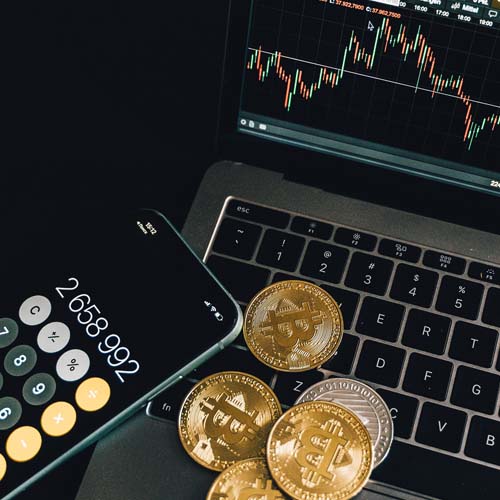A Consultation Paper from the Bank of England and HM Treasury - co signed by Chancellor Jeremy Hunt and Andrew Bailey (Governor of the Bank of England) regarding the digital pound is currently underway. It is inviting input on the policy and technical efforts made thus far to determine whether or not to pursue the creation and rollout of a digital pound, and the specs for this new proposed CBDC (Central Bank Digital Currency).
As the use of digital money in the UK increases, the government and Bank of England is tasked with ensuring that public trust in money remains high and that modern payment methods meet the needs of individuals and businesses.
The changing landscape of money usage, with banknotes being used less frequently and the emergence of digital money means that the authorities are considering the possibility of a digital pound, a new form of digital money that would sit alongside cash, provide central bank money in a digital economy, and offer benefits for private sector innovation and payments resilience.
The government will work with the private sector to build and test technological solutions for the digital version of the pound. Card payments account for 60 percent of all UK payments (a third of which are contactless) - online sales are now near to a third of all retail and 90 percent of adults have access to a smartphone.
These trends combine to show the use of central bank money is declining, posing a risk to monetary stability. If new technology leads to dominance by a few firms, competition and innovation could suffer. Issuing a digital form of retail central bank money, which would encourage competition and innovation and complement existing and new private digital money, would ensure that the central bank remains relevant to the way people choose to pay.
The Bank would issue digital pounds denominated in sterling and with the same value as a banknote. Approved non-bank firms or banks could integrate into the central digital pound infrastructure and provide digital wallets to end users, who would interact with the wallets instead of directly with the Bank. The wallets would pass user instructions to the Bank's core ledger, which safeguards privacy by recording digital pound holdings anonymously.
Digital pounds can be accessed and used via a smartphone or smart card. Wallets can be used to check balances, make payments, and transfer digital pounds.
Firms offering digital wallets for digital pounds will be regulated to ensure reliability and compatibility, while maintaining privacy and data protection standards. The digital pound will require identification of users to prevent financial crime. Regulatory standards will promote competition and innovation in the market.
The digital pound's privacy would be similar to bank accounts, with users able to control their data. Payment Interface Providers would verify users and anonymise their data before sharing with the Bank. Law enforcement agencies would have access under limited circumstances, but neither the Government nor the Bank would have access to personal data.
The digital pound would offer strong privacy protections similar to bank accounts, debit cards, and cheques. Only a person's private sector wallet provider would have access to personal details, not the government or Bank of England. This privacy would help prevent fraud and counterfeiting without enabling financial crime.
The consultation shows the pilot testing would 'at the earliest' not occur before 2025. After pilot testing the final decision would be made whether to launch the new form of currency. There would also be a limit on how many 'digital pounds' an individual can hold - proposals of between £10k and £20k are currently in the consultation. A limit of £10,000 would let 75% of UK earners hold income, pre-existing balances, and a 10% bonus. A limit of £20,000 would allow 95% to receive their salaries without hitting the limit.
There is no mention of taxation changes - a salary can be paid using digital pounds, but this would be taxed under existing payroll procedures. Transfers of pounds from wallet-to-wallet could have tax implications but the paper in its current form states that information would be completely private. We assume that it will be private until, like current legislation, HMRC uses its powers to get access to ledgers (as opposed to banks at the moment).
Regardless, it will be interesting to see further developments regarding the implementation and legislation changes over the coming years as the research on digital currency continues.


